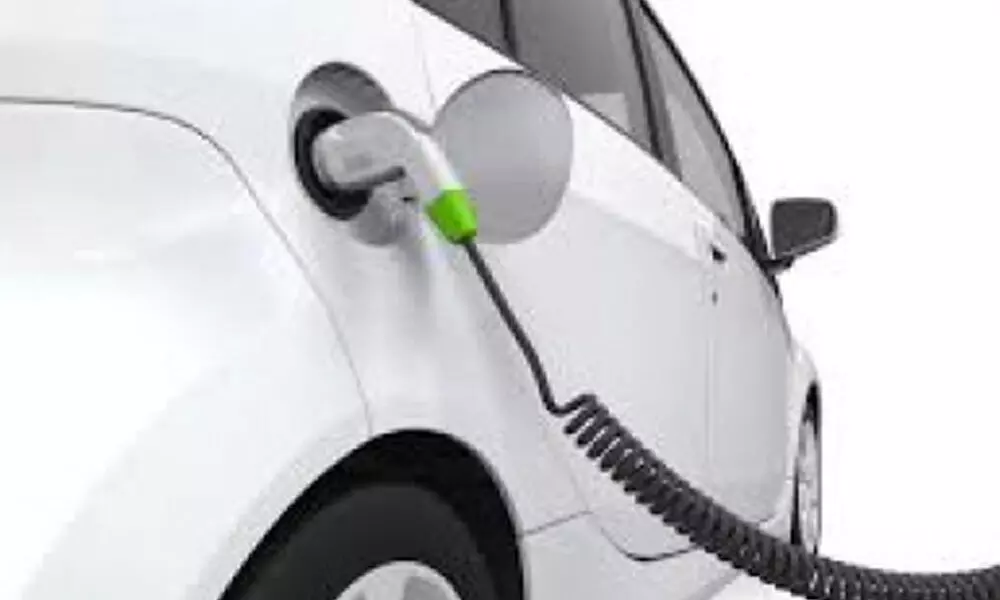Ford more than doubles investment in electric vehicles to $29B
US automaker Ford has announced to more than double its investment in electric and autonomous vehicles to $29 billion.
image for illustrative purpose

San Francisco, Feb 5 US automaker Ford has announced to more than double its investment in electric and autonomous vehicles to $29 billion.
The automaker had previously committed to spend $11.5 billion on electrifying its vehicle lineup through 2022.
"We are now planned to invest at least $22 billion in electrification in the next few years through 2025. And that's just electrification," said Ford CEO James D. Farley.
"We are accelerating our plans right now, breaking constraints, increasing battery capacity, improving our costs and getting more battery electrics into our cycle plan," he told the investors during the fourth quarter earnings call on Thursday.
"When you include the spending on our autonomous driving, our total commitment is at least $29 billion".
The majority of Ford investment in electrification supports a widening portfolio of BEVs on platforms from both Ford and alliance partners.
"We now plan to invest at least $7 billion in autonomous vehicles through 2025, including the $2 billion we spent through 2020," added John Lawler, Chief Financial Officer, Ford.
"Our plans include standing up our commercial AV business by 2022 to move both people and goods, and we also believe that Argo AI's self-driving system remains on a shortlist of leaders in the autonomous technology," Lawler informed.
The increased investment is aimed at catching up with the EV market leader Tesla and keep pace with other automakers like GM and Volkswagen.
Before Apple begins its electric car journey, Microsoft has teamed up with Cruise, the self-driving subsidiary of General Motors (GM), to accelerate the commercialisation of self-driving vehicles.
Microsoft will join GM, Honda and institutional investors in a combined new equity investment of more than $2 billion in Cruise, bringing the post-money valuation of Cruise to $30 billion.

